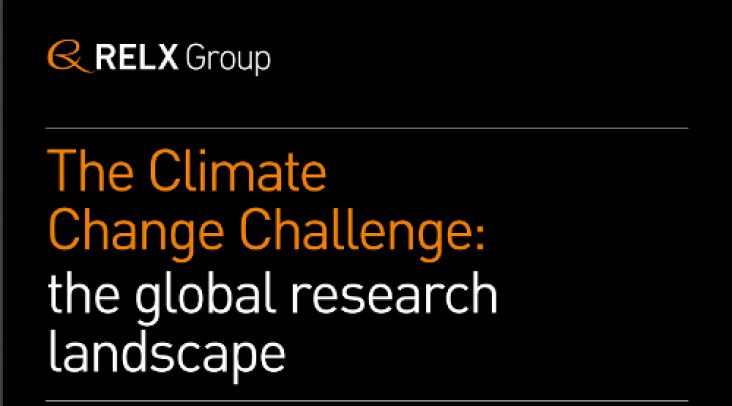The role of agriculture in flood risk mitigation has been largely overlooked in the UK government’s national flood resilience review. Farm leaders are concerned that the review contains little mention of agriculture, rural communities or food security. This highlights the need to address flood risk mitigation holistically to support SDG 13.1 to strengthen resilience and adaptive capacity to climate-related hazards and natural disasters, and SDG 2.4 to implement resilient agricultural practices that strengthen capacity for adaptation to climate change, including flooding.
This series examines trends in participation in the Caring for Climate initiative, including emissions performance of companies, as well as progress companies have made against the five commitments endorsed by all signatories in the Caring for Climate Leadership Statement. By providing this analysis, Caring for Climate seeks to remind signatories of their progress towards a building a low-carbon society and to encourage greater participation in the initiative, supporting goals 12,13,14 and 15.
Linking to Goal 13, this report assesses the contribution of business-focused initiatives of the Global Climate Action Agenda to achieving the goals of the Paris Agreement and the 2030 Agenda for Sustainable Development. By providing this analysis, the report seeks to catalyse business action on climate change and the Sustainable Development Goals (SDGs) and demonstrate the potential collective impact of the assessed initiatives on emissions
Linking to Goal 13, this report discusses how the private sector can become a catalyst for enhancing and deepening country-level action to meet the ambitions set out by the Paris Agreement and the SDGs.

The Climate Change supplement to the 'Sustainability Science in a Global Landscape' report provides analysis of the top trends in a shifting research landscape in relation to climate change. Understanding the sustainability research environment is critical to advancing SDG 13.2 to integrate climate change measures into national policies, strategies and planning.

The Business Case for Carbon Neutral Cities session was hosted by UNEP and Sustainable Energy for All in collaboration with the Danish Ministry of Foreign Affairs, the Swedish Trade and Invest Council and Empower, the largest district cooling operator in the world. Held at La Galerie des Solutions (by World Efficiency Solutions), an exhibition of climate solutions, that took place during the COP21, in immediate proximity to the negotiations zone.
This report discusses how companies around the world can demonstrate leadership on climate action by aligning corporate voluntary greenhouse gas reduction targets with climate science. This report links to Goals 7, 12, 13, 14 and 15.
The Business Leadership Criteria on Carbon Pricing is designed to inspire companies to reach the next level of climate performance and to advocate for a price on carbon as a necessary and effective measure to tackle the climate change challenge. This report links to Goals 12, 13, 14, and 15.
Linking to Goals 12, 13, 14, and 15, this report sets baseline expectations for companies to provide proactive and constructive input to Governments to advocate for the creation of effective climate policies.
